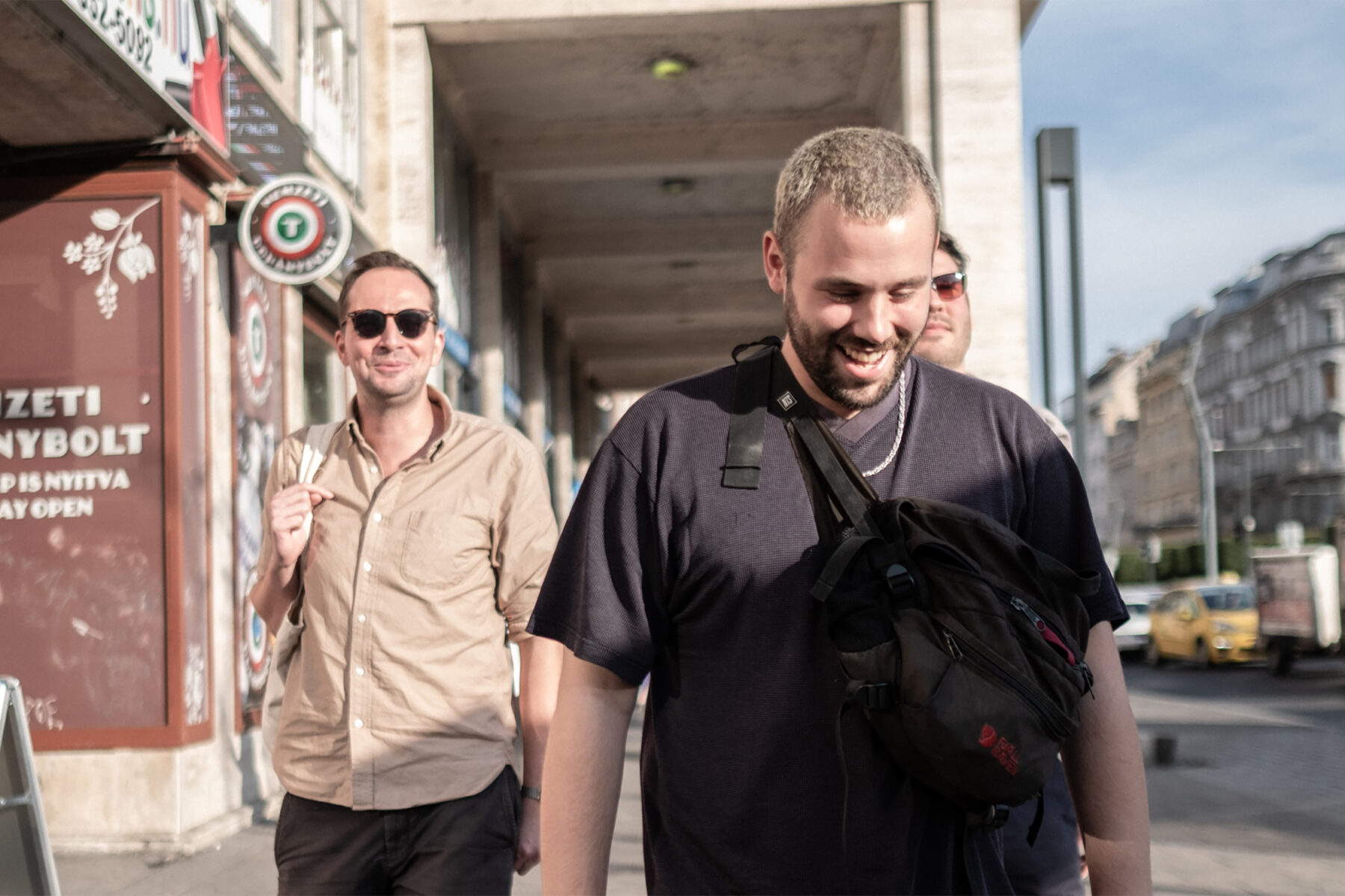Known for its infamous ruin bars, thermal baths, and hearty cuisine, Budapest has a myriad of associations attached to its name.
It is, however, lesser known for its progressive electronic music scene. Though intimately small and overshadowed by state-controlled media outlets, this hidden part of Budapest is gaining traction thanks to a group of energized individuals. “Our parents’ generation was more about traditional concert-going,” says Imre Kiss of music label Farbwechsel. “Back then, in the 1980s, clubs didn’t exist the way they do now. Maybe we are the ones who are laying the bedrocks for a new scene.” Farbwechsel’s members are self-proclaimed bedroom producers who label what they do as “moody electronic music for those who prefer staying at home to going out.”
Farbwechsel was founded by Martin Mikolai (aka S. Olbricht), Balázs Semsei (aka Norwell), Bálint Zalkai (aka Alpár), Erik Bánhalmi, and Dániel Jani in 2012—with Lajos Nádházi and Imre Kiss joining soon after. “I met Martin through mutual friends at one of the bars around here,” says Nádházi, who is better known as AiWA, from Telep, a small bar and art gallery in the heart of Budapest. Kiss was introduced to the label through Balázs while living in London and making music from his bedroom. “I never found my crowd in London, so when they offered me a place at Farbwechsel, I took it as a sign for me to move back,” he says. Although the trio have similar roots in electronic dance music, their techniques and sounds vary. All three find inspiration in UK labels such as Cong Burn, Livity Sound, and Houndstooth; Mikolai and Nádházi love Detroit techno and Chicago house, Kiss is into Dutch electro. Just like them, many of Hungary’s younger generation are drawn to international movements. Yet this interest often remains within the confines of the capital which is generally more progressive and accepting of new sounds (whereas the country in general fears the unknown), as Kiss points out: “Budapest is an island within Hungary.”
FvF were invited by Telekom Electronic Beats to visit their City Festival at Várkert Bazár in Budapest where musicians Martin Mikolai, Lajos Nádházi, and Imre Kiss showed us around their city.
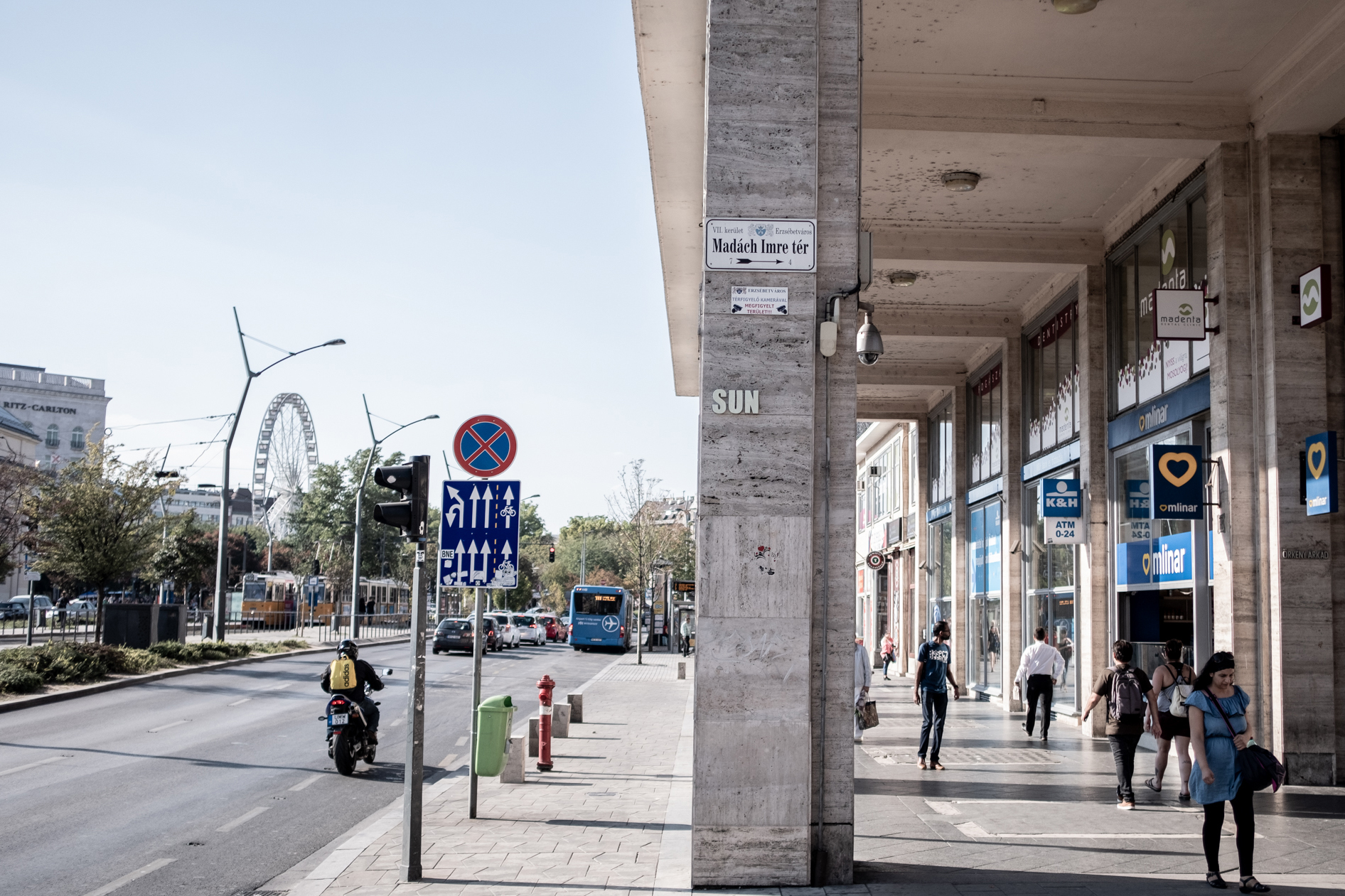
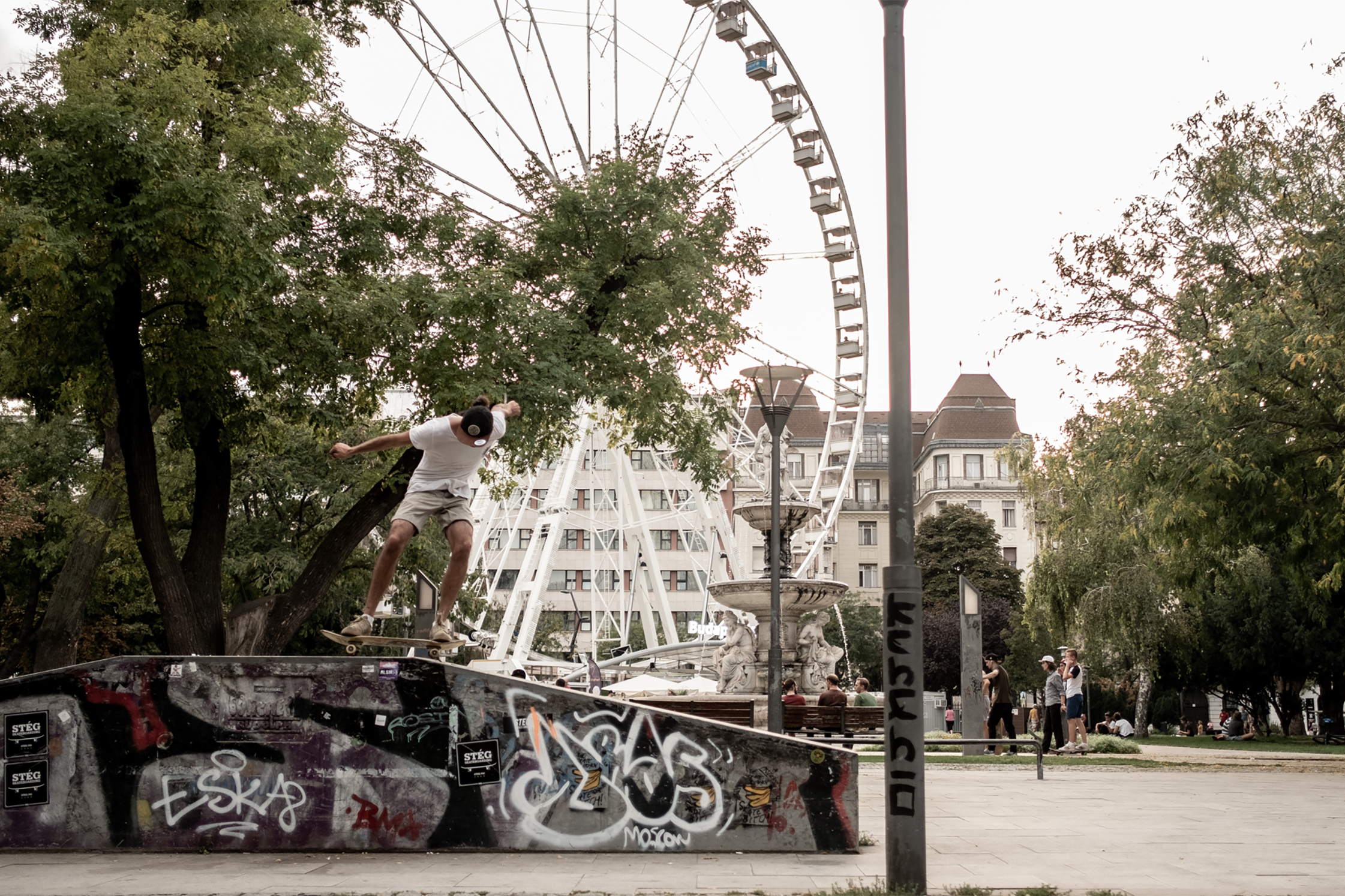
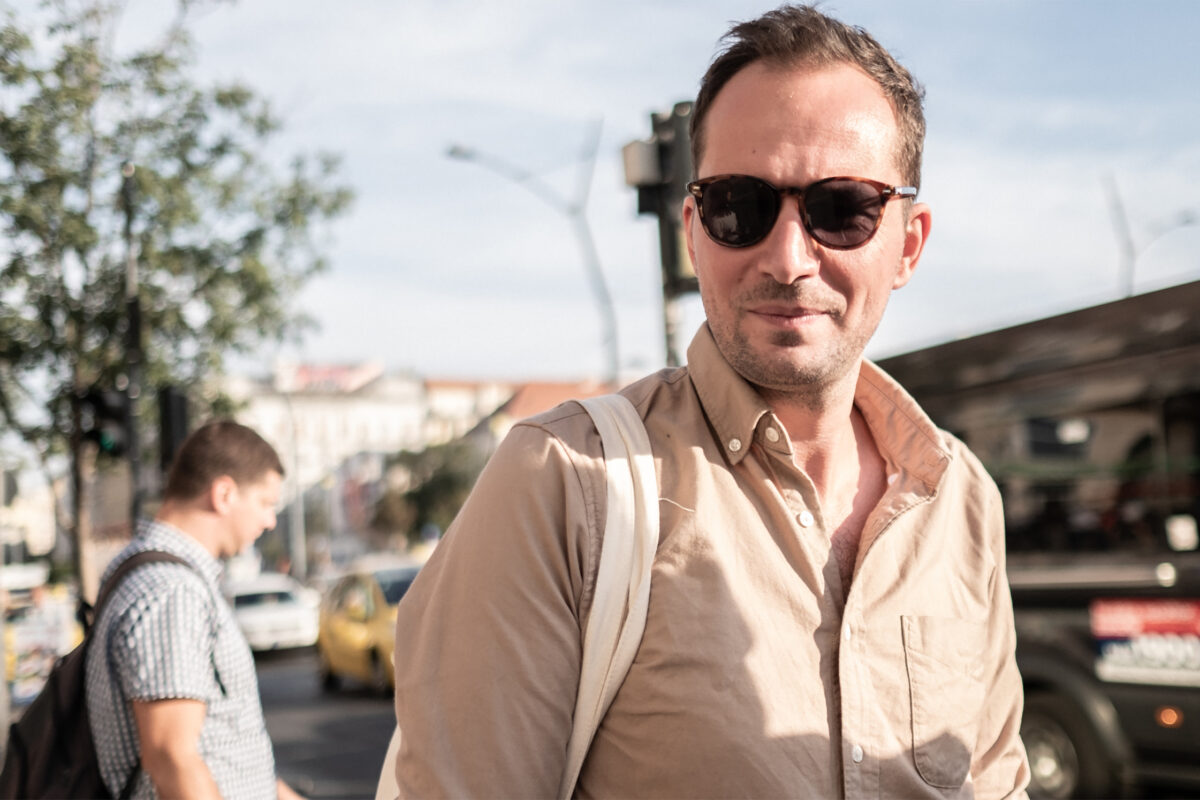
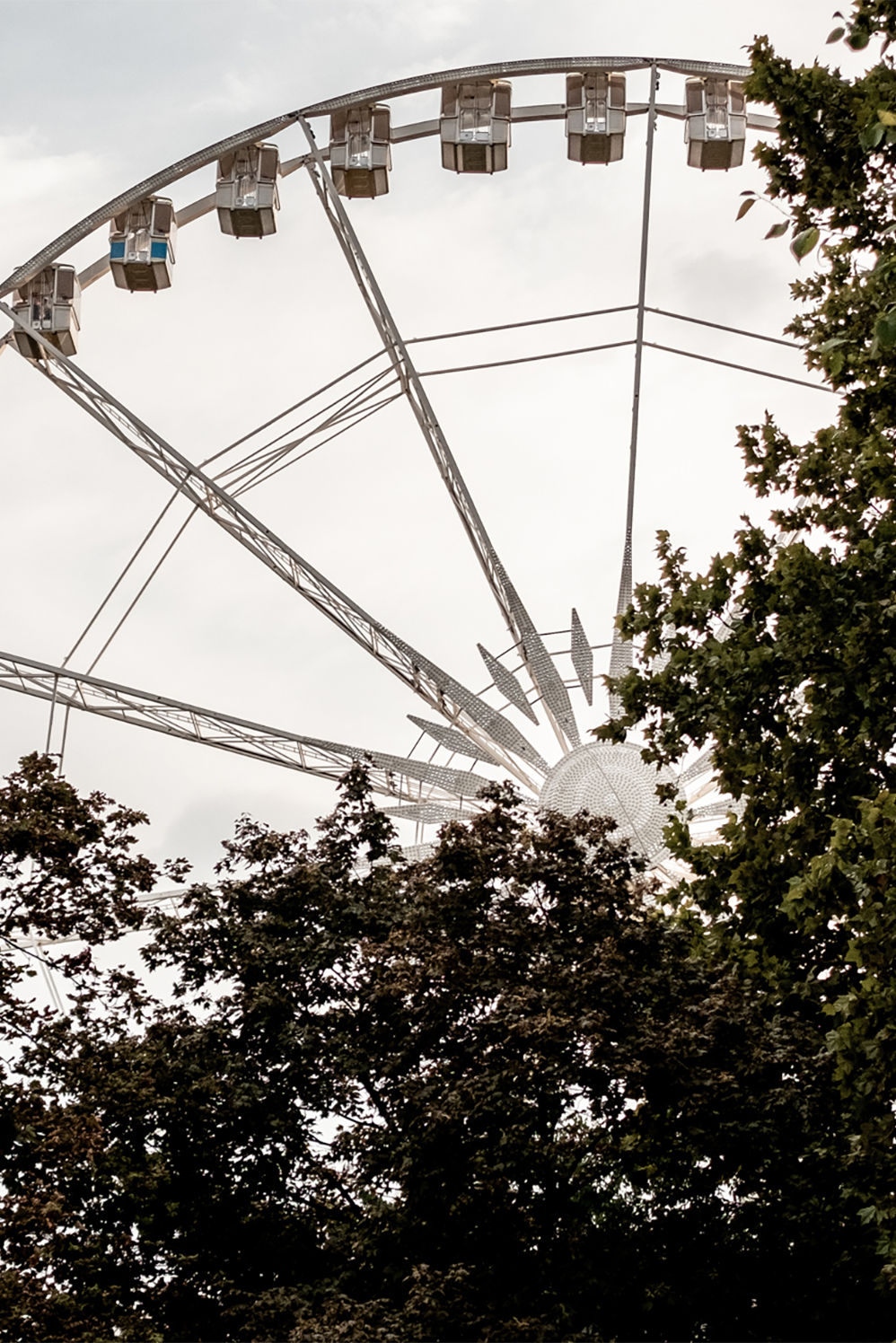
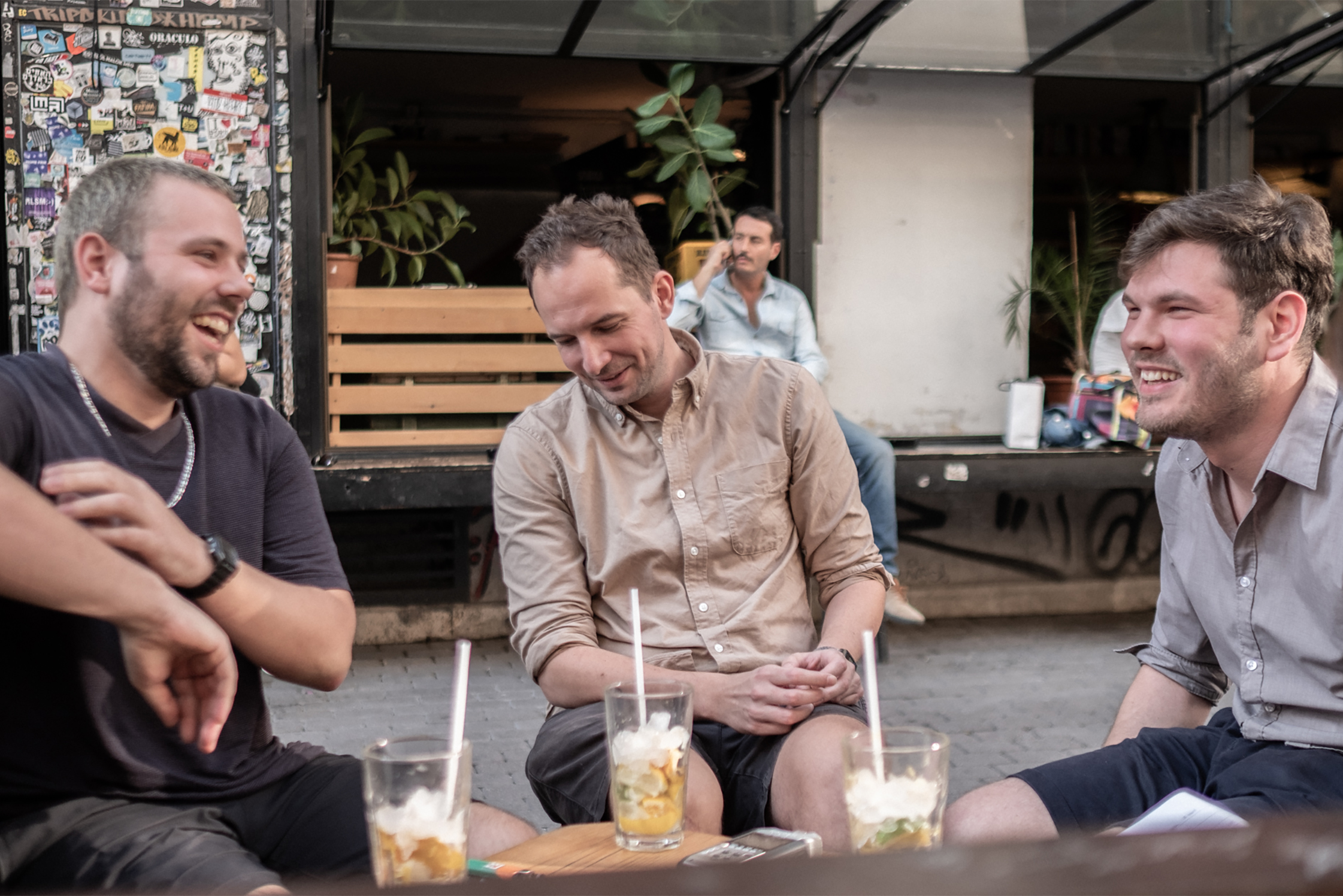
Following a 40-year-long communist rule under Soviet occupation, Hungary has been on an undeniably rocky path to a stable liberal democracy. Today, broadcasts are still rarely more than state propaganda. Media outlets have been struggling to remain independent as dozens of private newspapers, radio stations, and TV channels have either closed down or have been indirectly acquired by the government. “The problem lies in the primitiveness that the people have been driven to through the steady dismantling of liberal systems. They only see what is shown on TV, and on TV you only see what the government wants you to see,” says Nádházi. Consequently, as the government only finances controlled media organizations, Kiss says that many creatives lack the platforms to share their art.

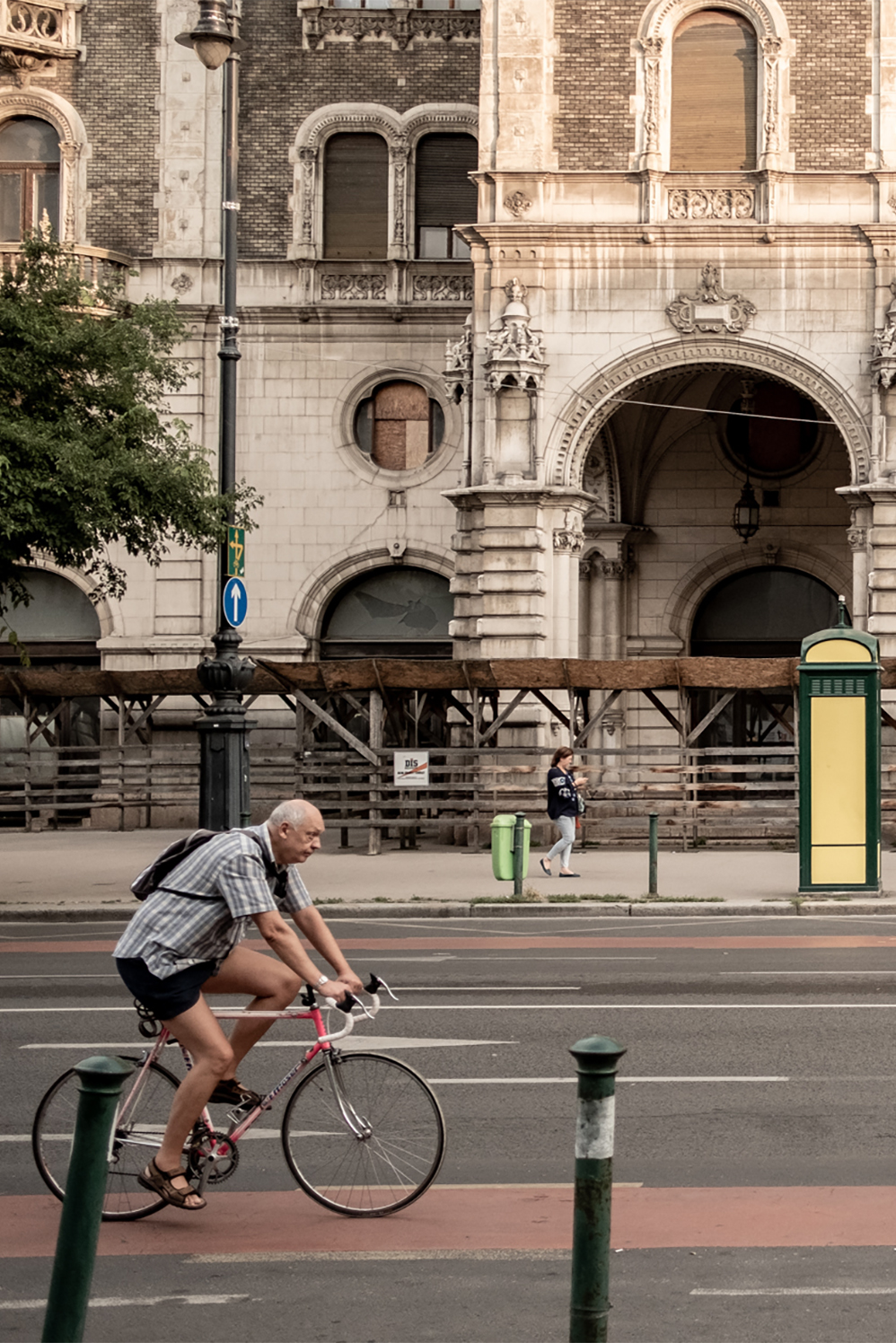
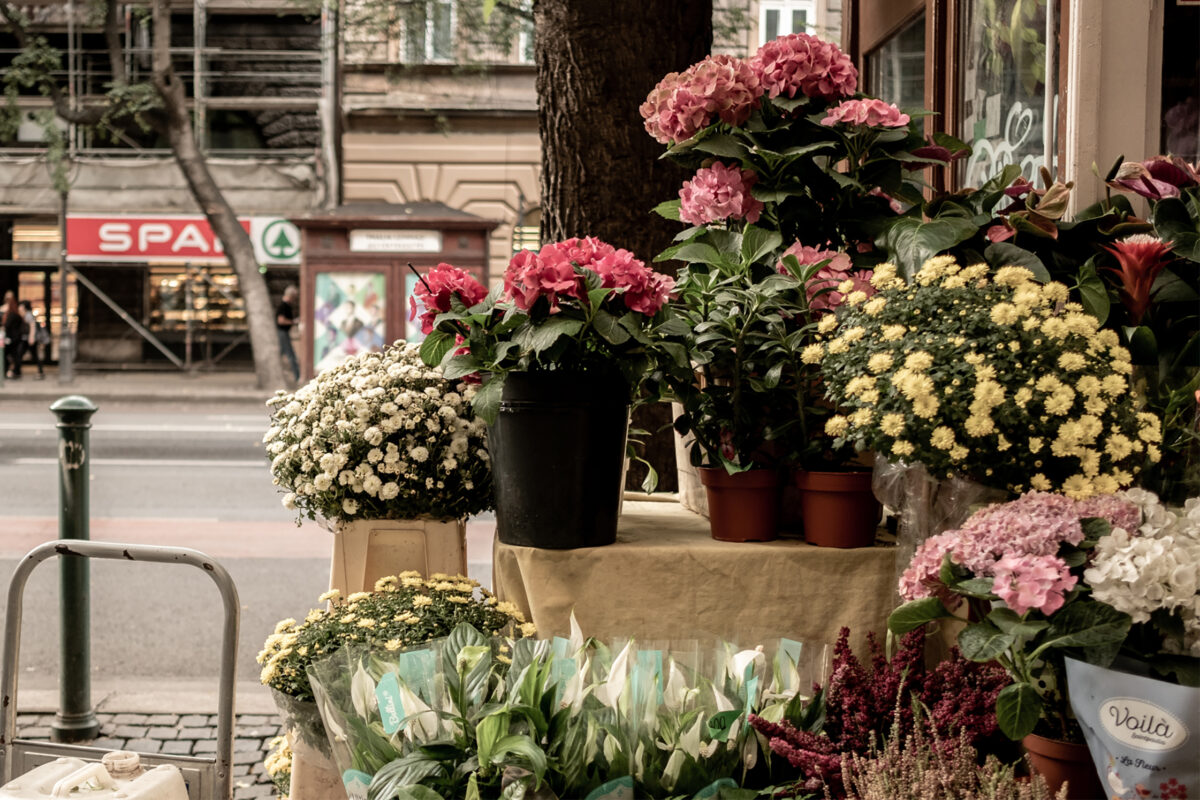
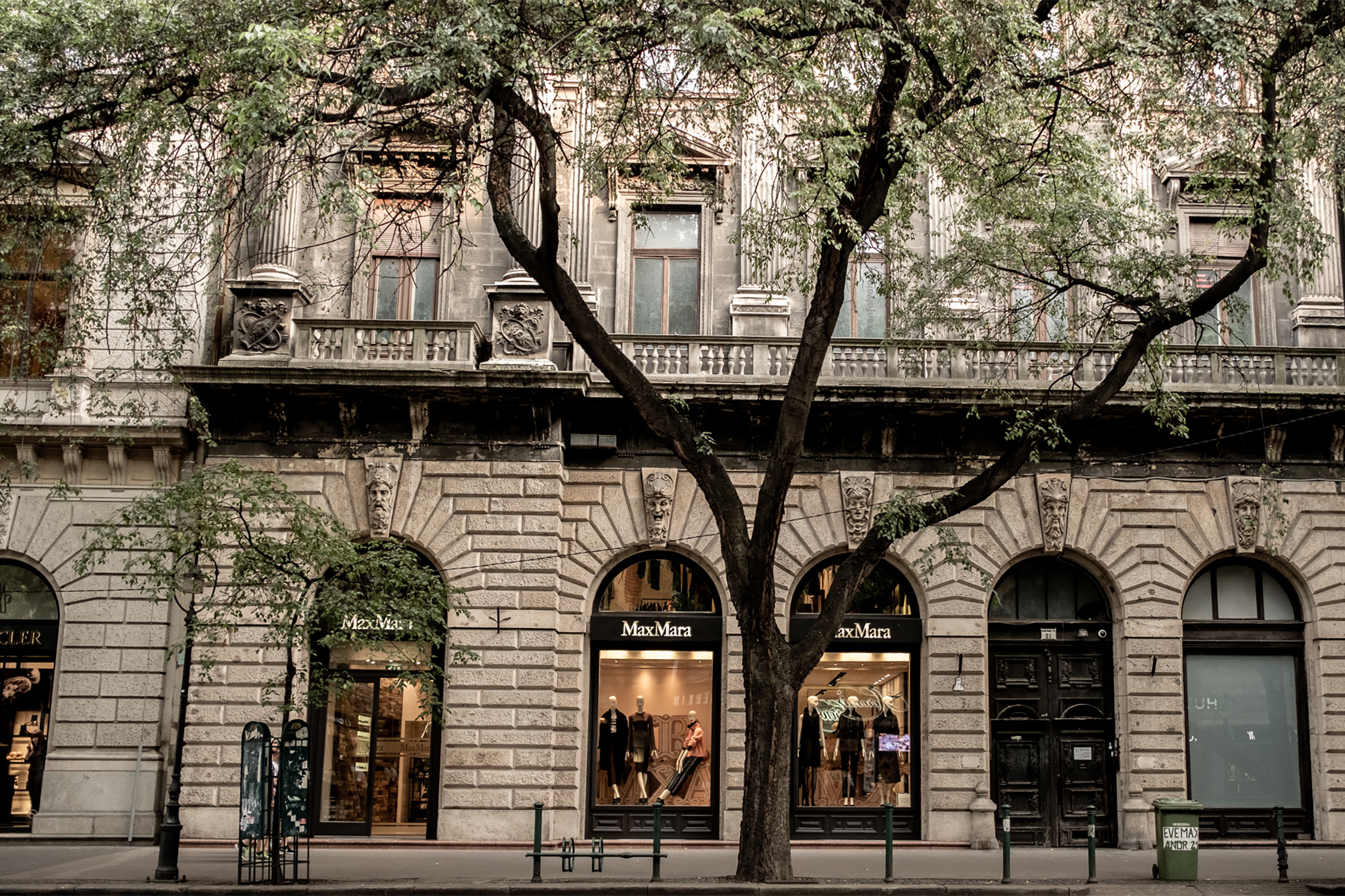
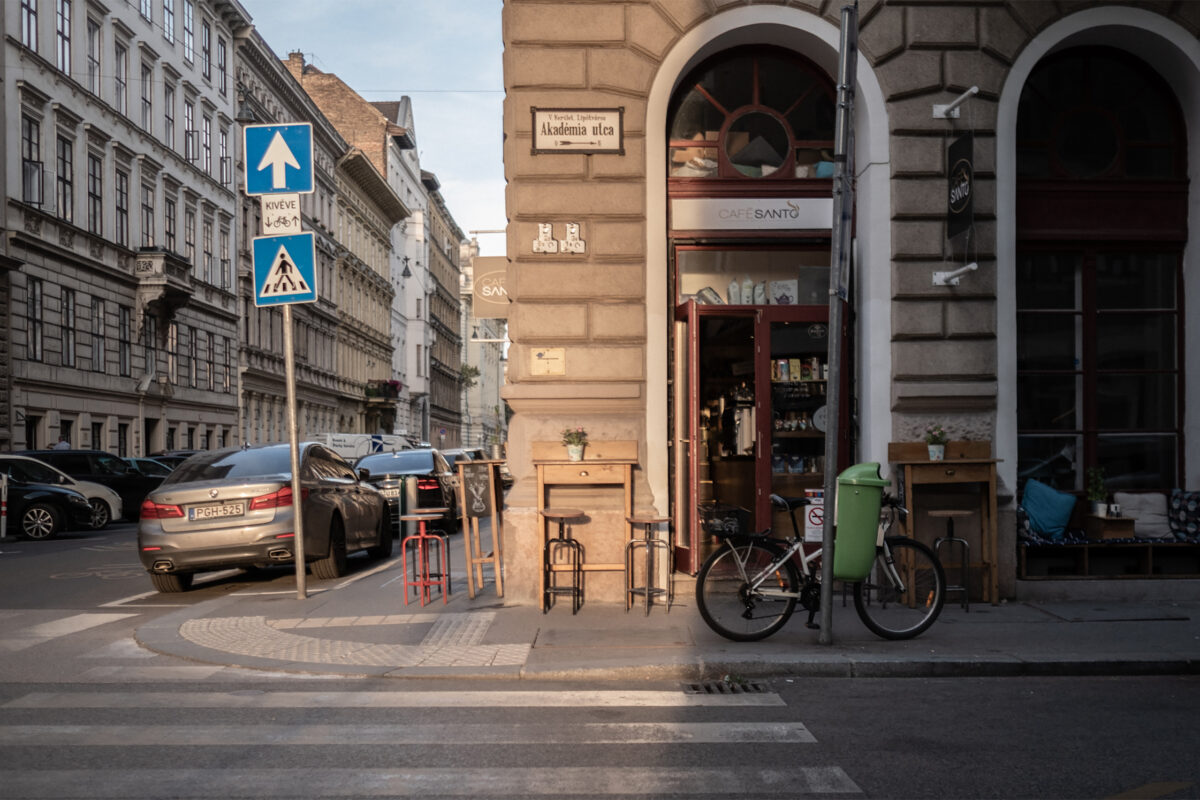
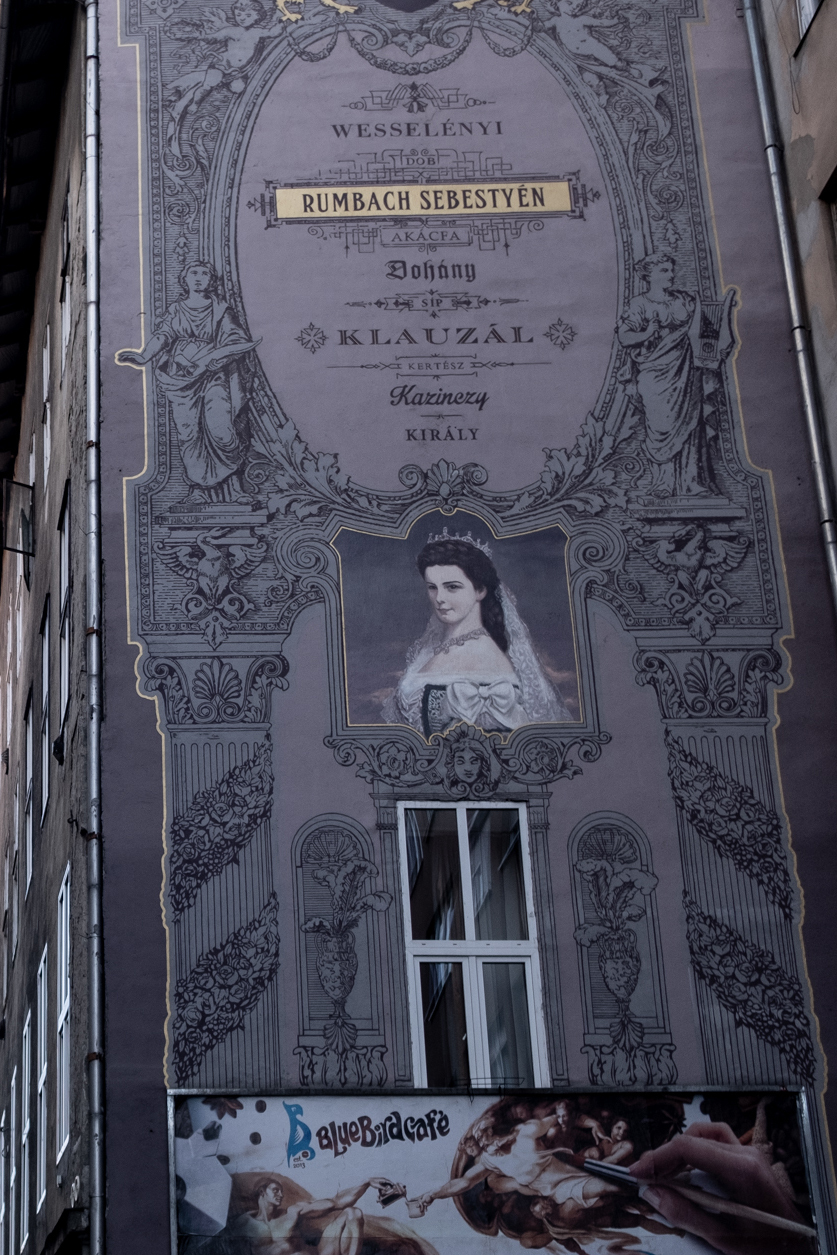
This naturally influences Budapest’s nightlife. Clubs are increasingly endangered due to their perceived subversive tendencies, and underground artists find themselves in precarious positions for similar reasons. At the same time as the city’s popularity among foreigners has risen to an all-time high, affordable properties for locals are at an all-time low. Established clubs, such as Corvin Club and Auróra, have faced or are still facing shutdown and staff changes. Independently run labels, such as Farbwechsel, have a relatively low profile locally and generally remain underground, despite their increasing popularity abroad.
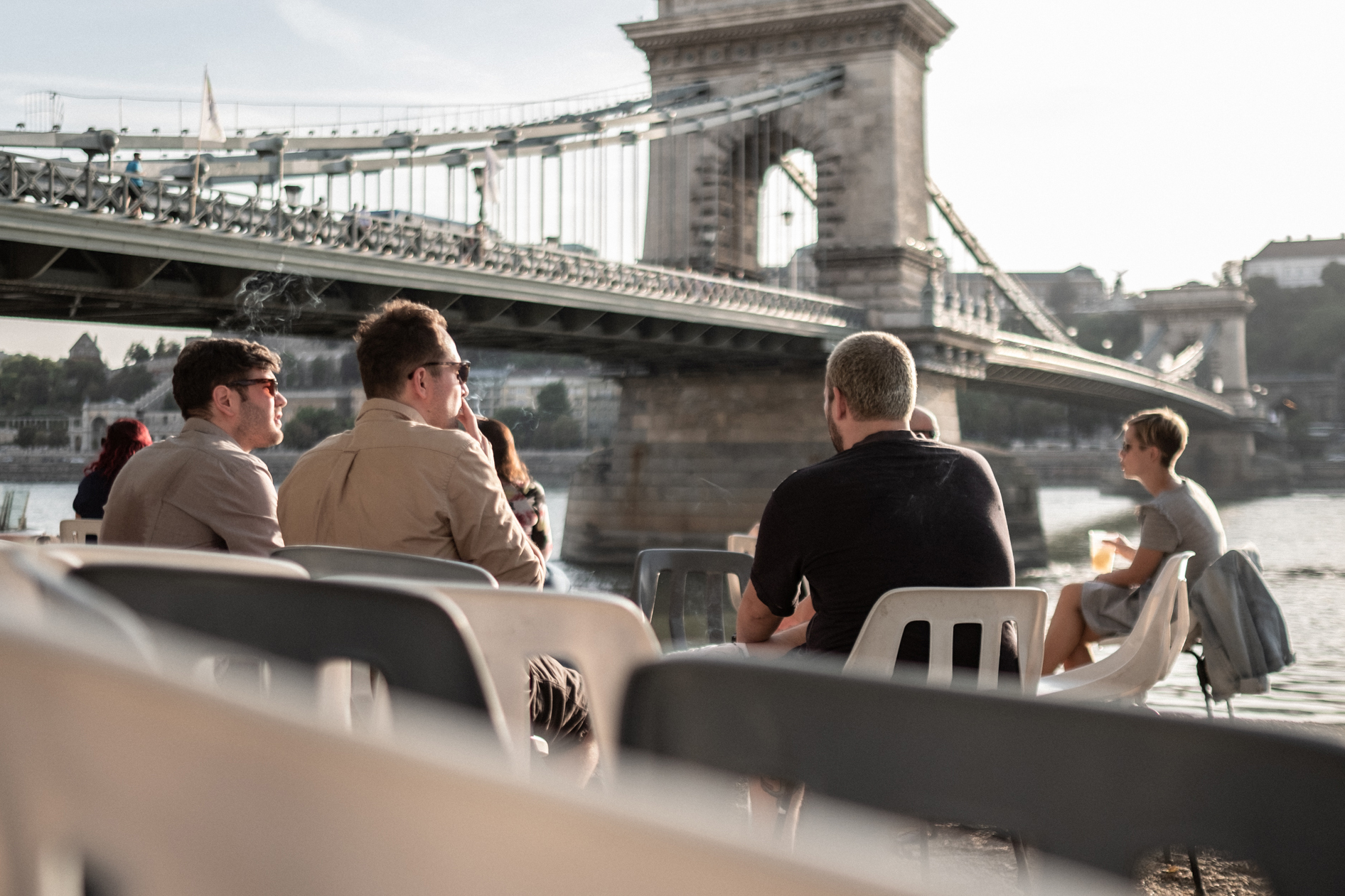
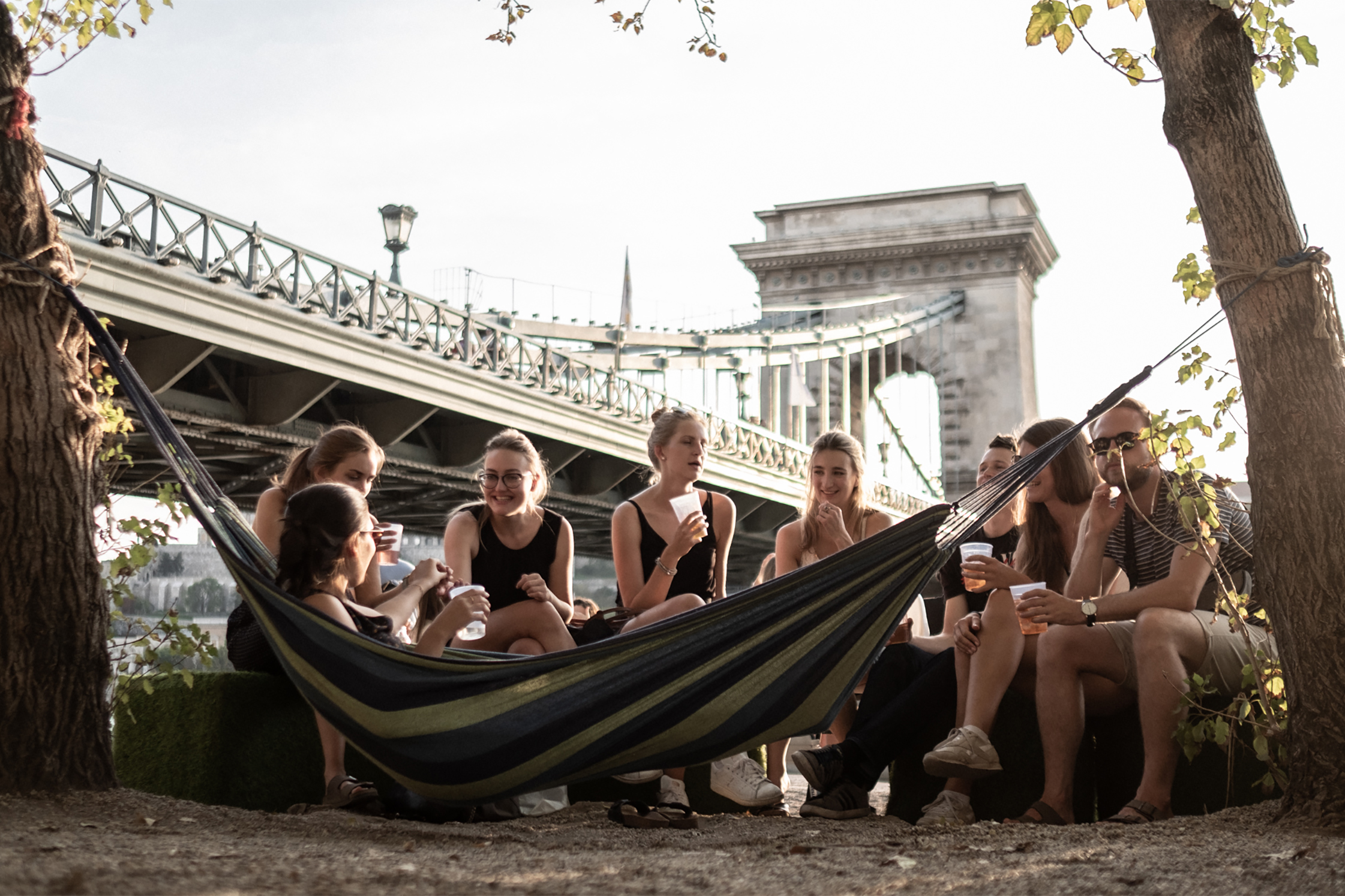
“I always knew that the music I make is relatively niche, and hoped that my ambitions would take me beyond the Hungarian music scene”
Lajos Nádházi
To oppose the state’s xenophobic propaganda, Farbwechsel create music which, in juxtaposition to the government’s values, reflects their global mindset: It is experimental, forward-thinking, open, and welcoming. “We would probably face more issues if our music was more mainstream, but in reality we don’t reach a large enough local audience for anyone to care,” says Nádházi. In turn, online platforms and global recognition are crucial to getting booked internationally, which is essential when the local scene is too small to support its own artists. In their early days, Farbwechsel immediately caught the attention of platforms such as Telekom Electronic Beats and Boiler Room whose initiatives support emerging talent. “I always knew that the music I make is relatively niche, and hoped that my ambitions would take me beyond the Hungarian music scene,” he says.
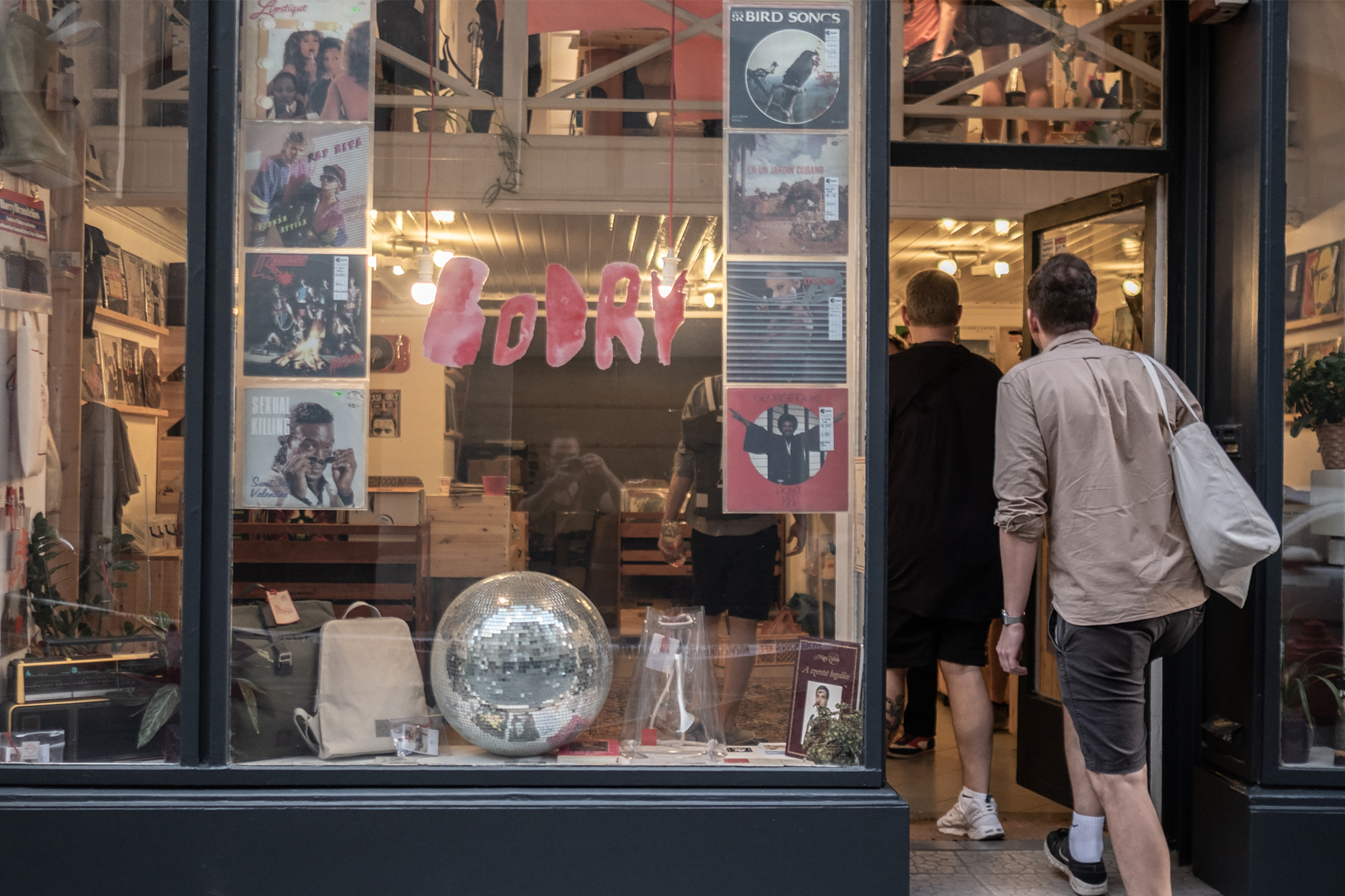
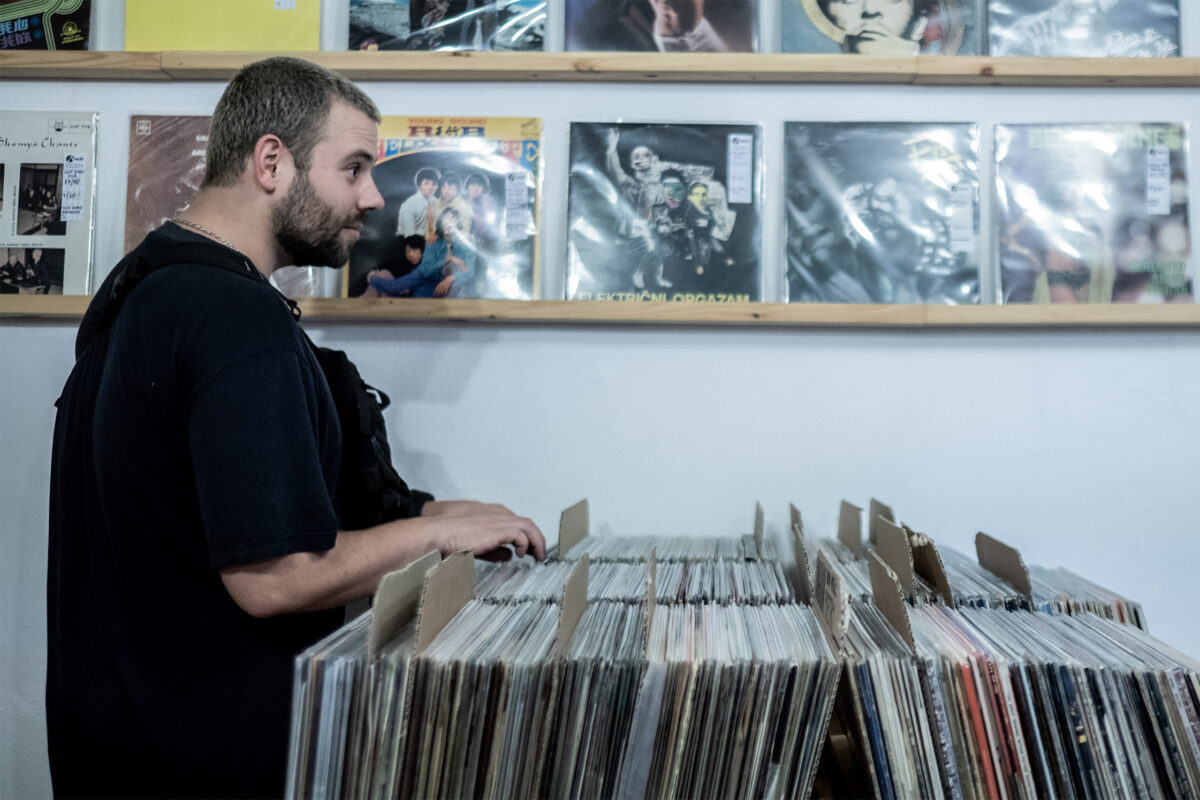
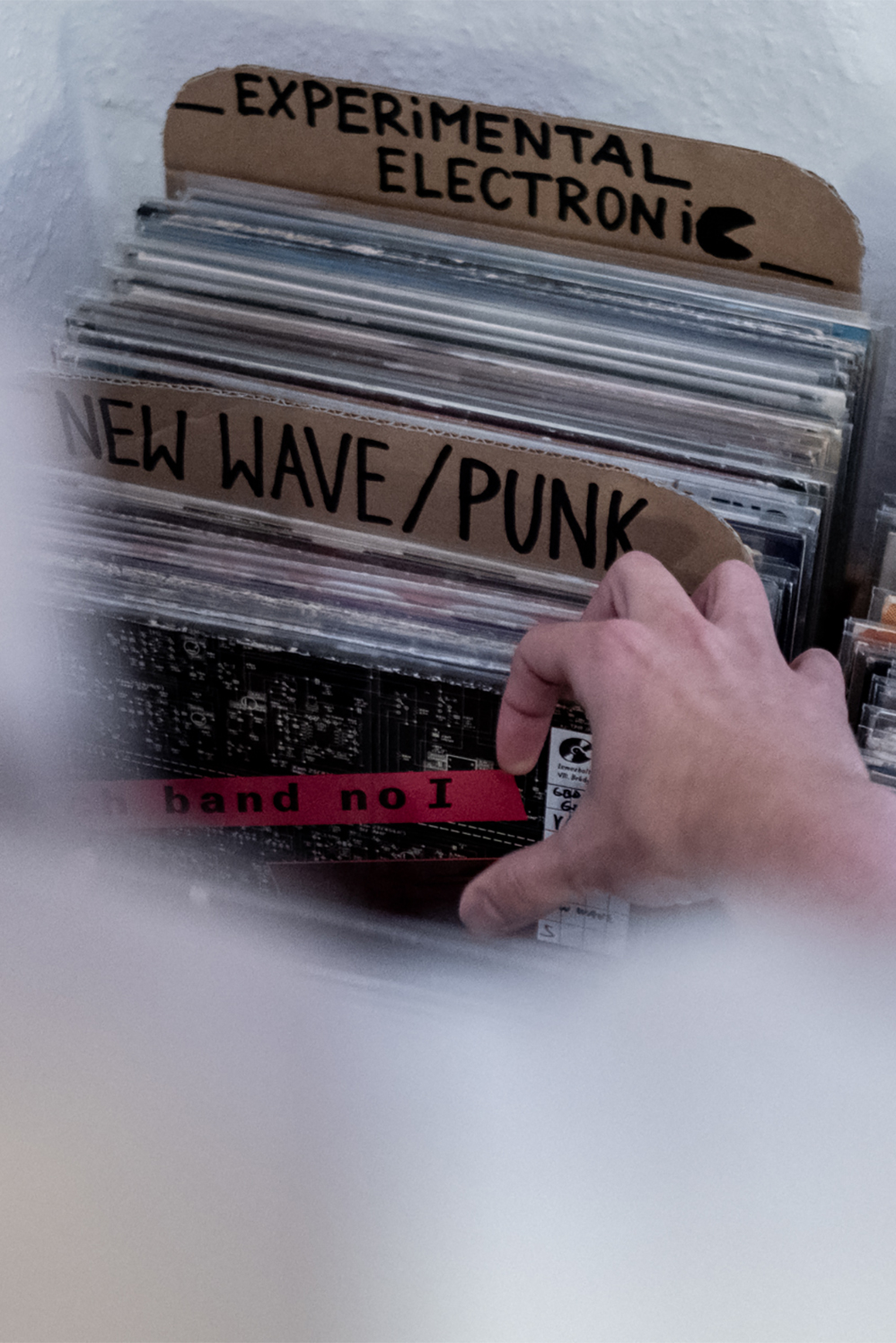
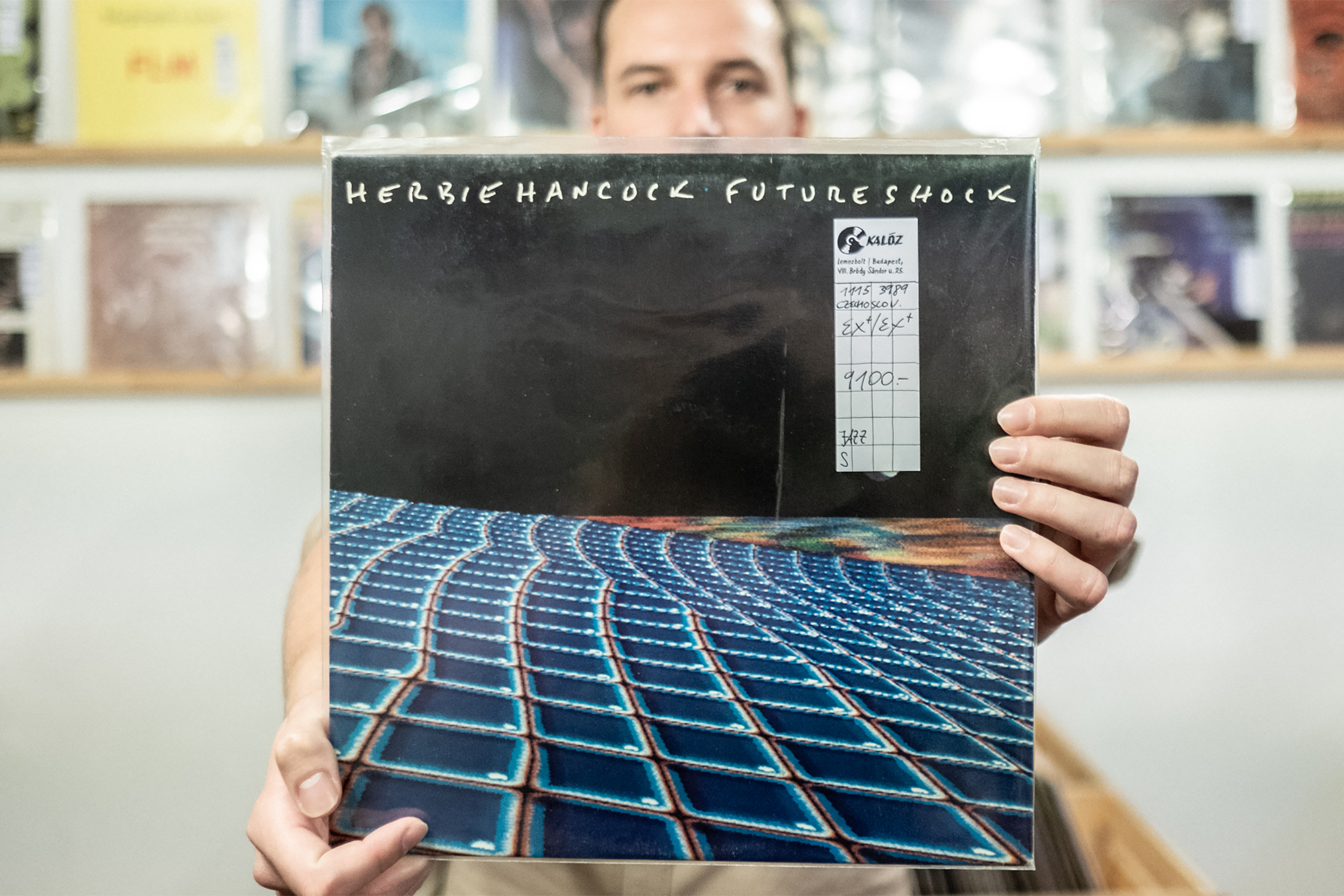
“When we noticed the attention from the press we realized this is our chance to push others into the spotlight.”
Martin Mikolai
On a local scale, the trio run the bi-weekly club night Crisis Sound System at LÄRM. LÄRM is one of the only venues solely dedicated to techno in Budapest, creating a space for Hungarian and globally renowned DJs alike. The club is located behind Fogas Ház, a popular ruin pub in Budapest’s Jewish quarter. However, the local notion of ruin bars is not exactly positive and “many rightfully complain that they have debased the club scene,” according to Kiss. “In a city where going out means getting drunk above anything else, the culture of paying for and listening to your favorite DJ remains overshadowed,” he says.
Farbwechsel strive to keep as many things local to Budapest as possible and engage with the community in many different ways. For instance, the musicians use the label as a platform to promote smaller, less established Budapest-based artists. “When we noticed the attention from the press we realized this is our chance to push others into the spotlight. If we feel that someone is creating something great, we invite them to play at one of our nights at LÄRM,” says Mikolai.
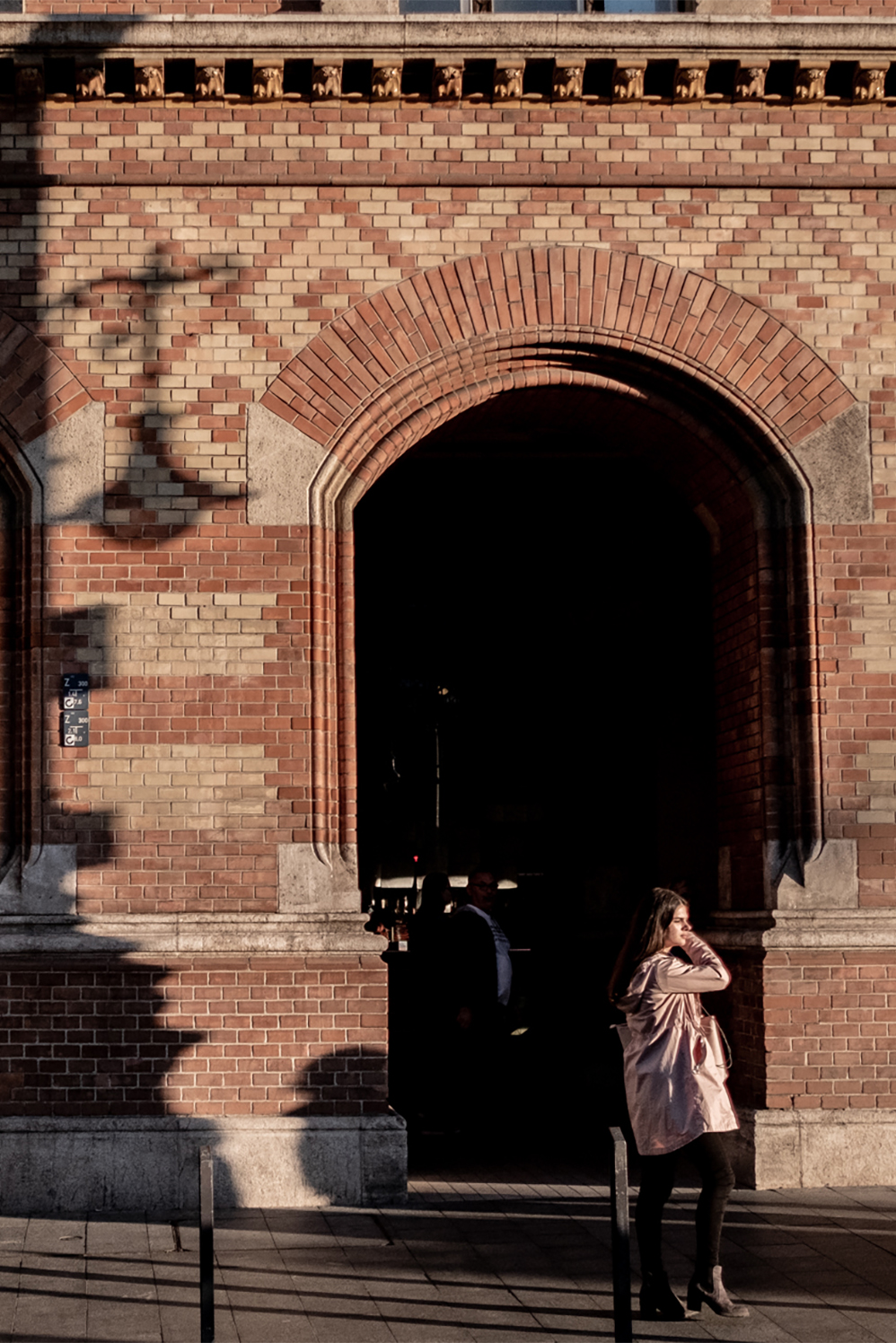
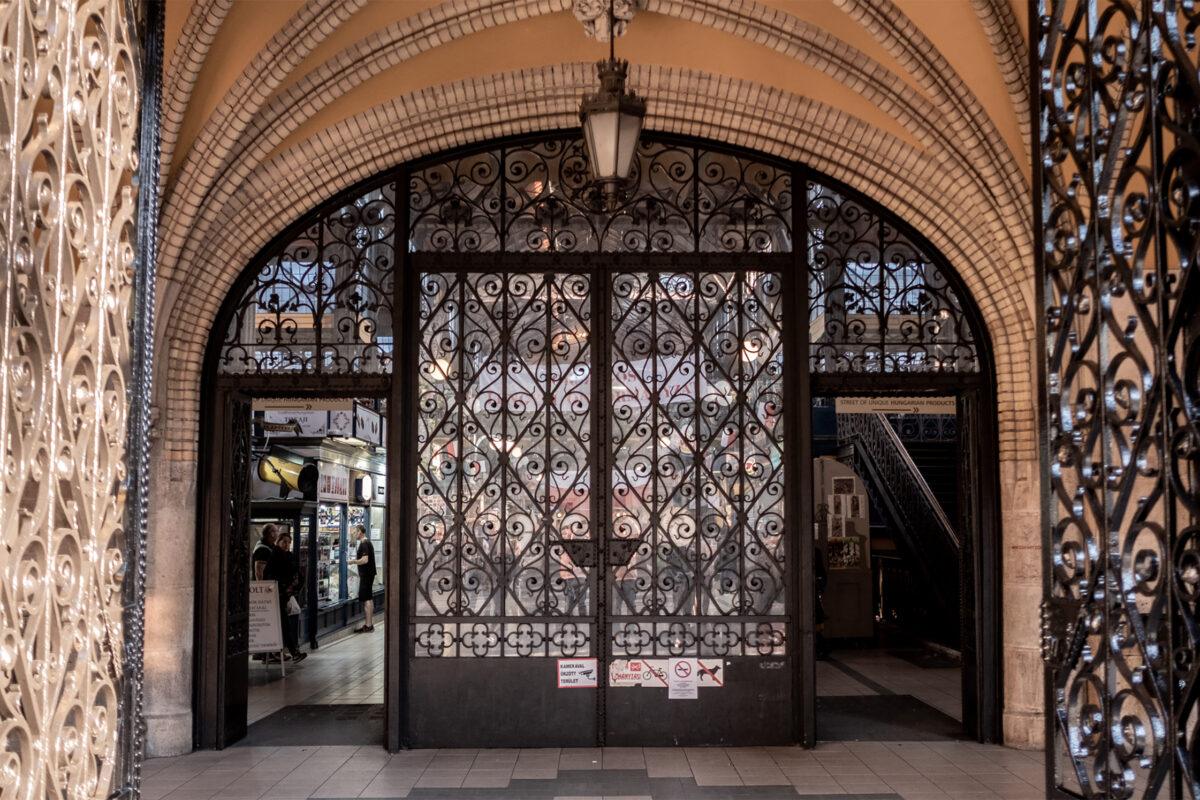
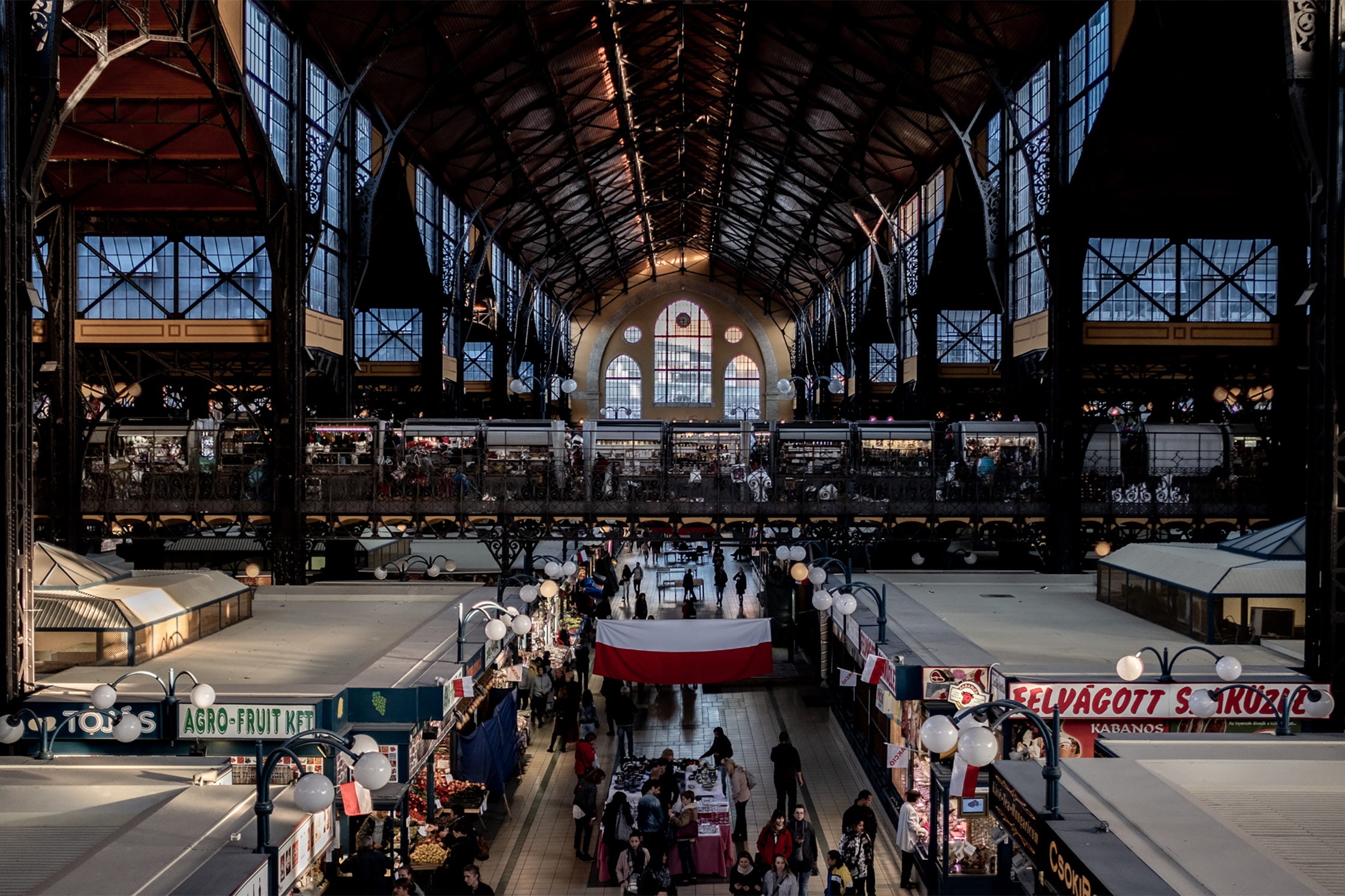
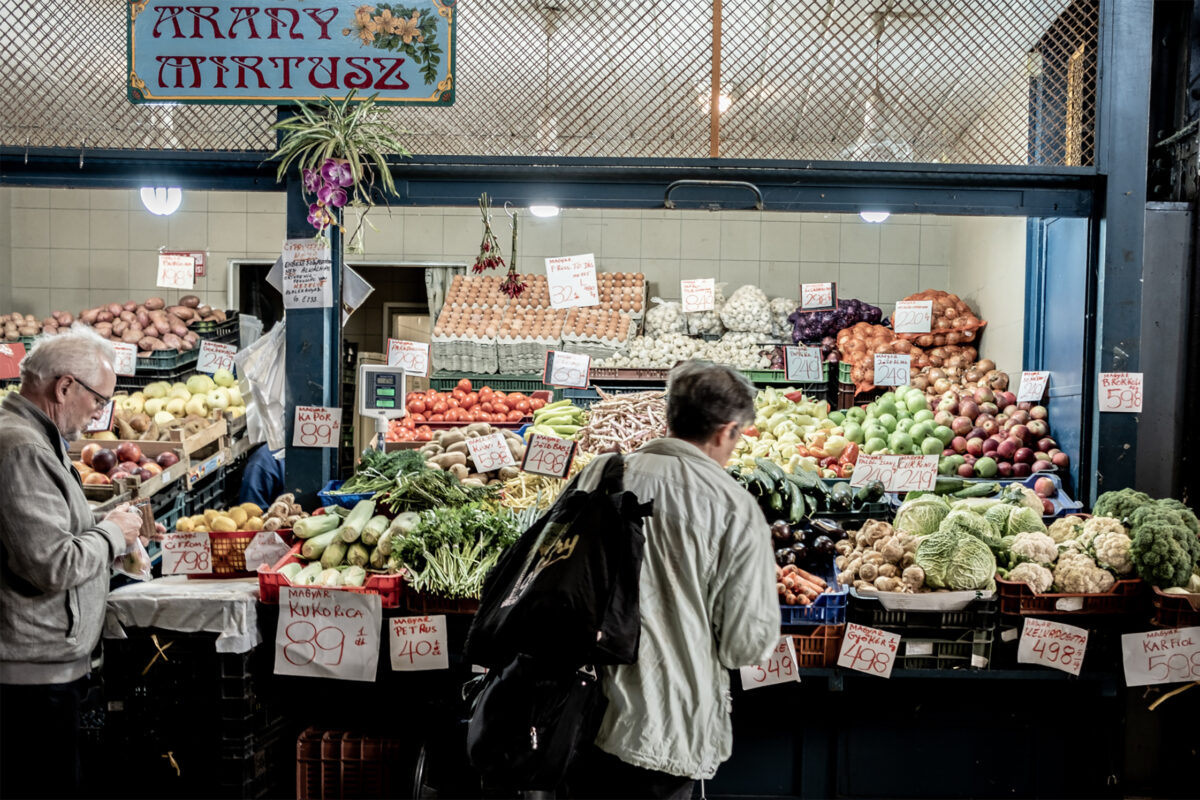
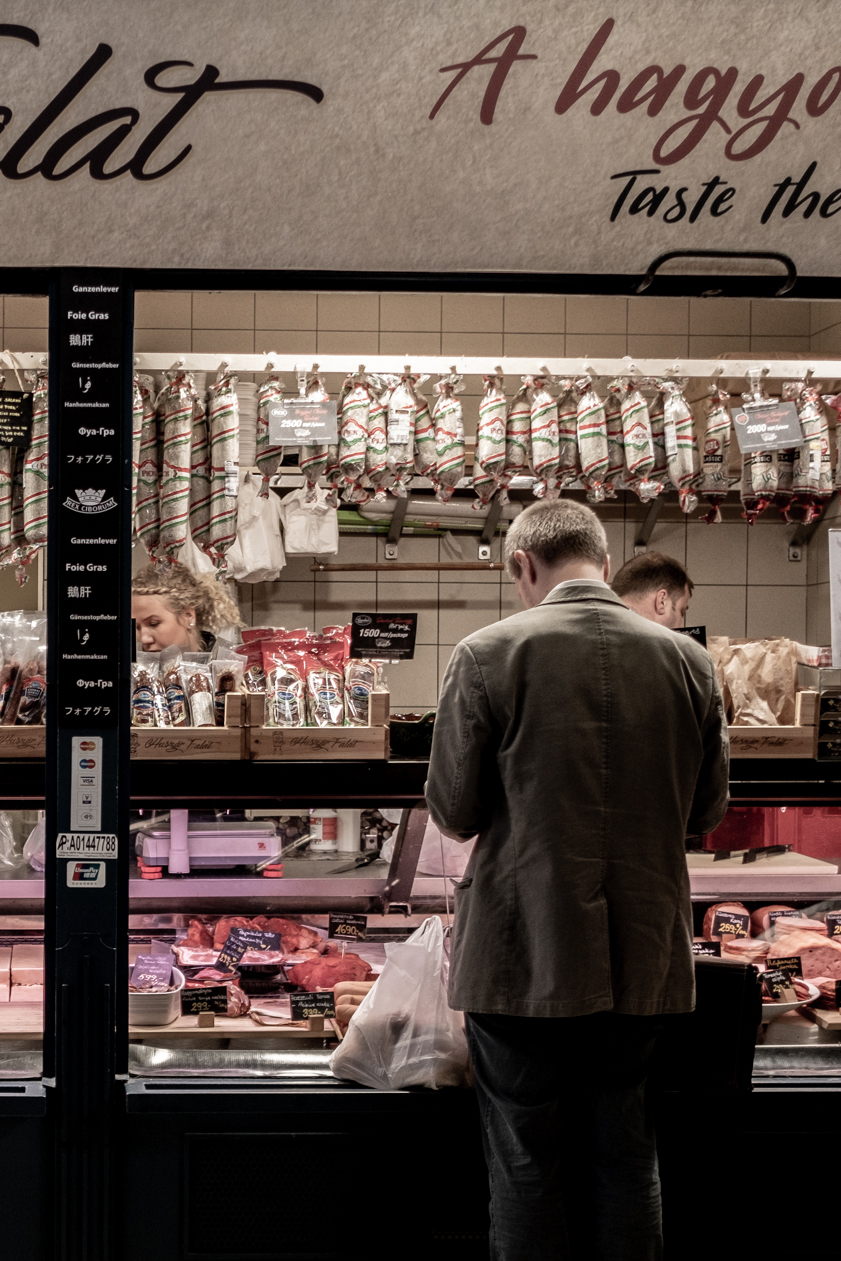
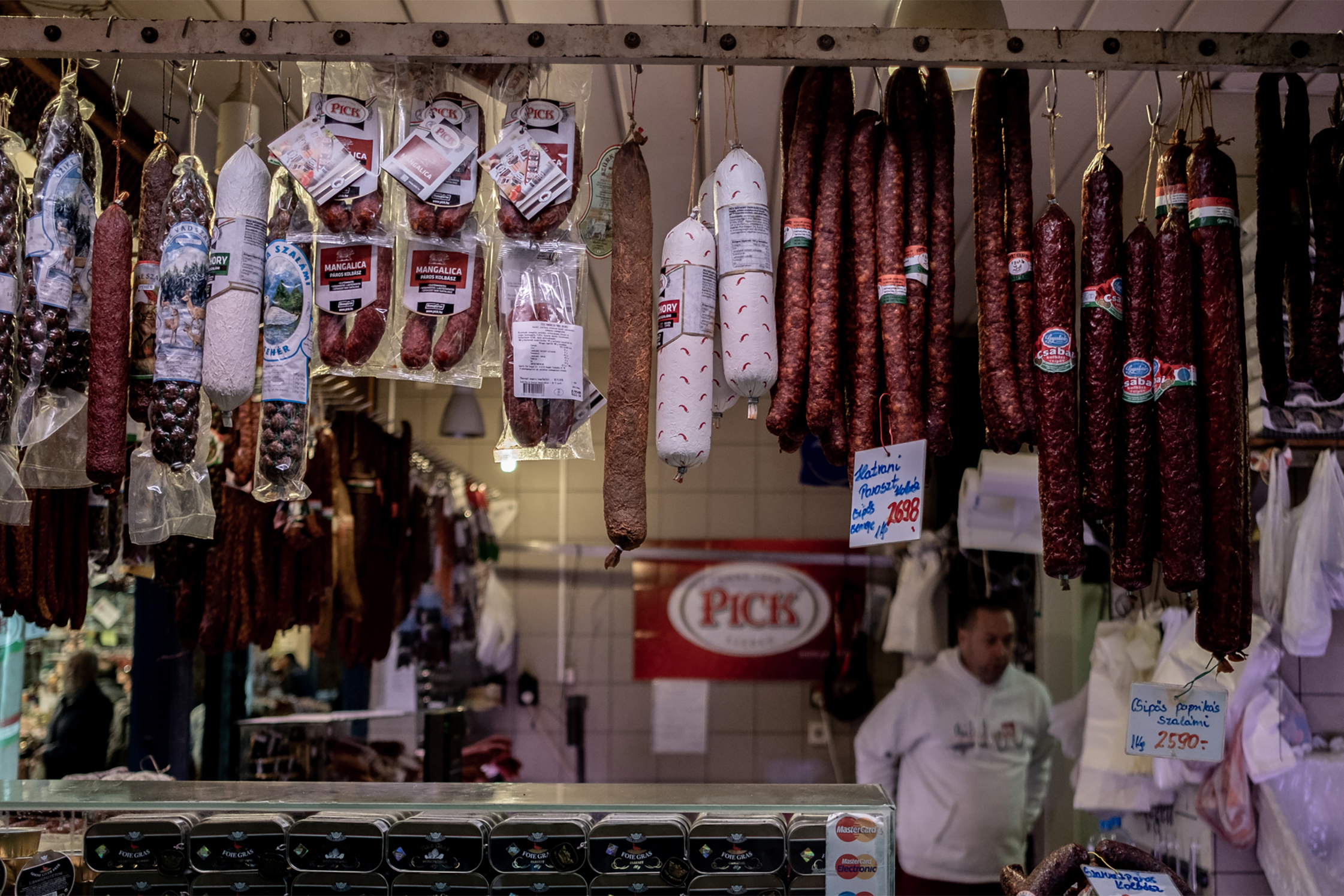
“It was always meant as an open event; anyone is welcome to come, bring their friends, and enjoy music in a new and more local setting,”
Imre Kiss
Additionally, over the past few summers, they have hosted weekend barbeques in collaboration with culinary spot Impostor Bar & Eatery. “It was always meant as an open event: anyone is welcome to come, bring their friends, and enjoy music in a new and more local setting,” says Kiss. This is also a conscious effort to bring people together in small communities that aren’t overwhelmed by tourists. In places like Budapest, where the city center is relatively small, the recent influx of tourists can easily make locals feel alienated. Despite this trend, it’s clear the locals still have a fierce love for Budapest. When asked about how the city inspires their music, the three exchange glances. “Maybe we would make happier music if we lived somewhere else, but we will never know,” Nádházi says.
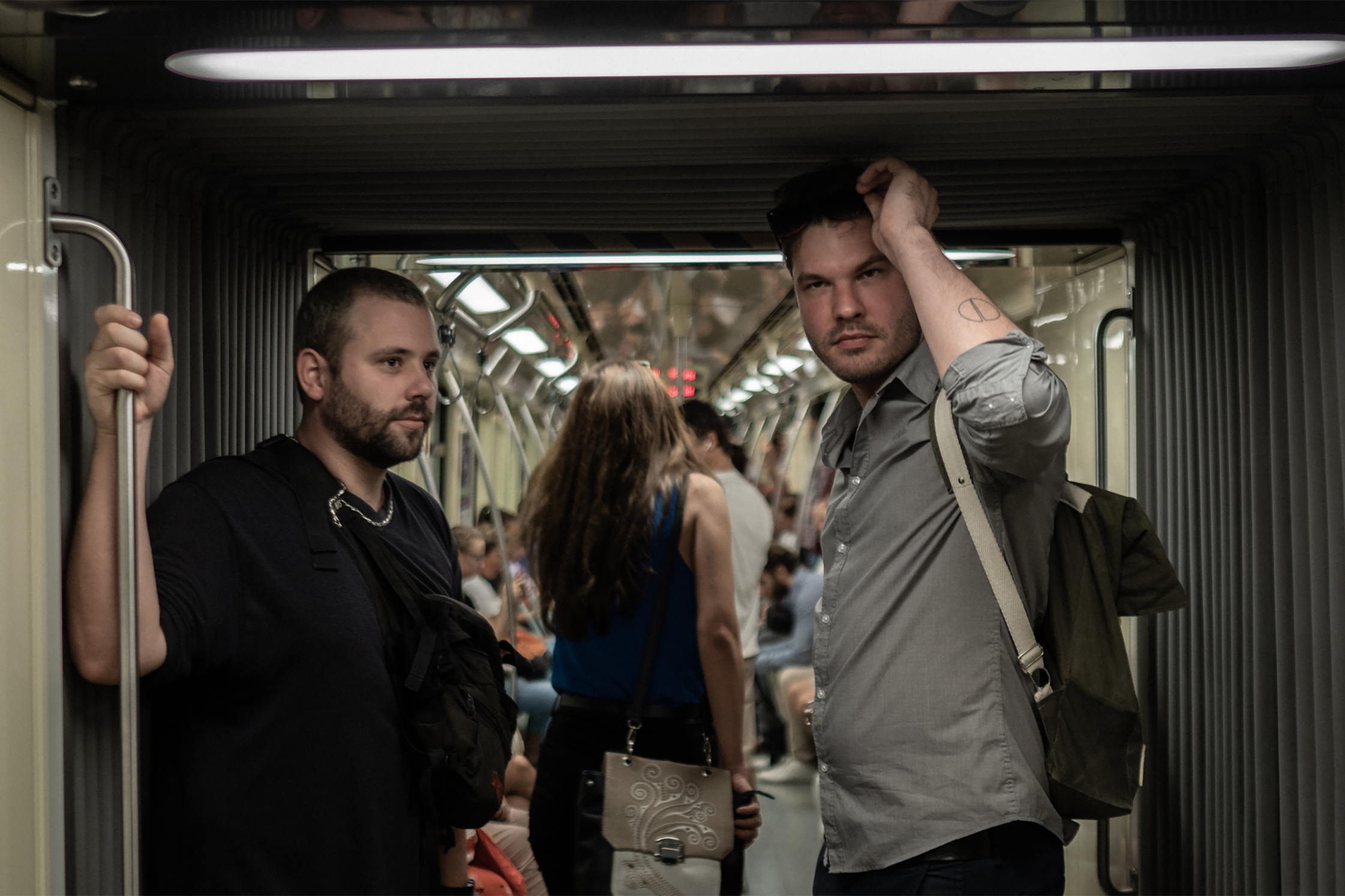
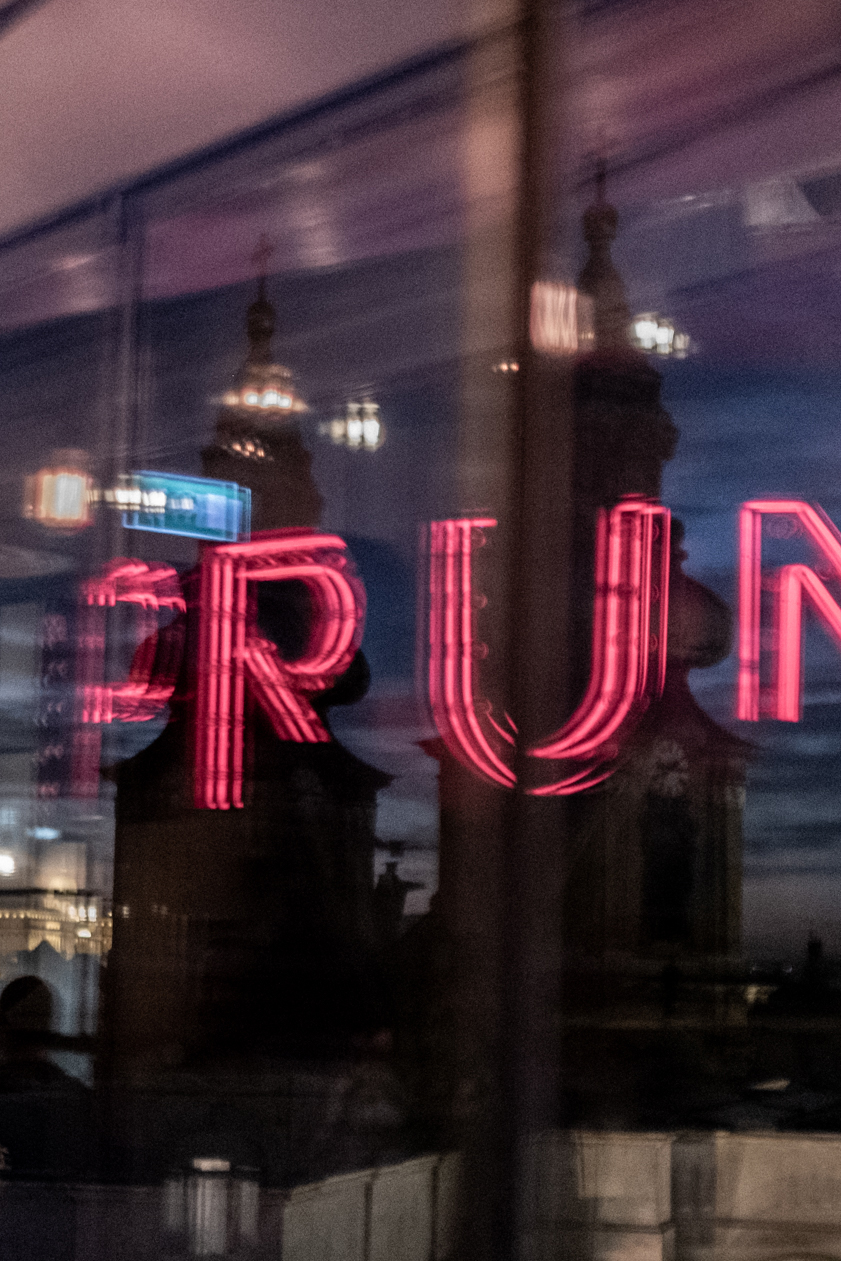
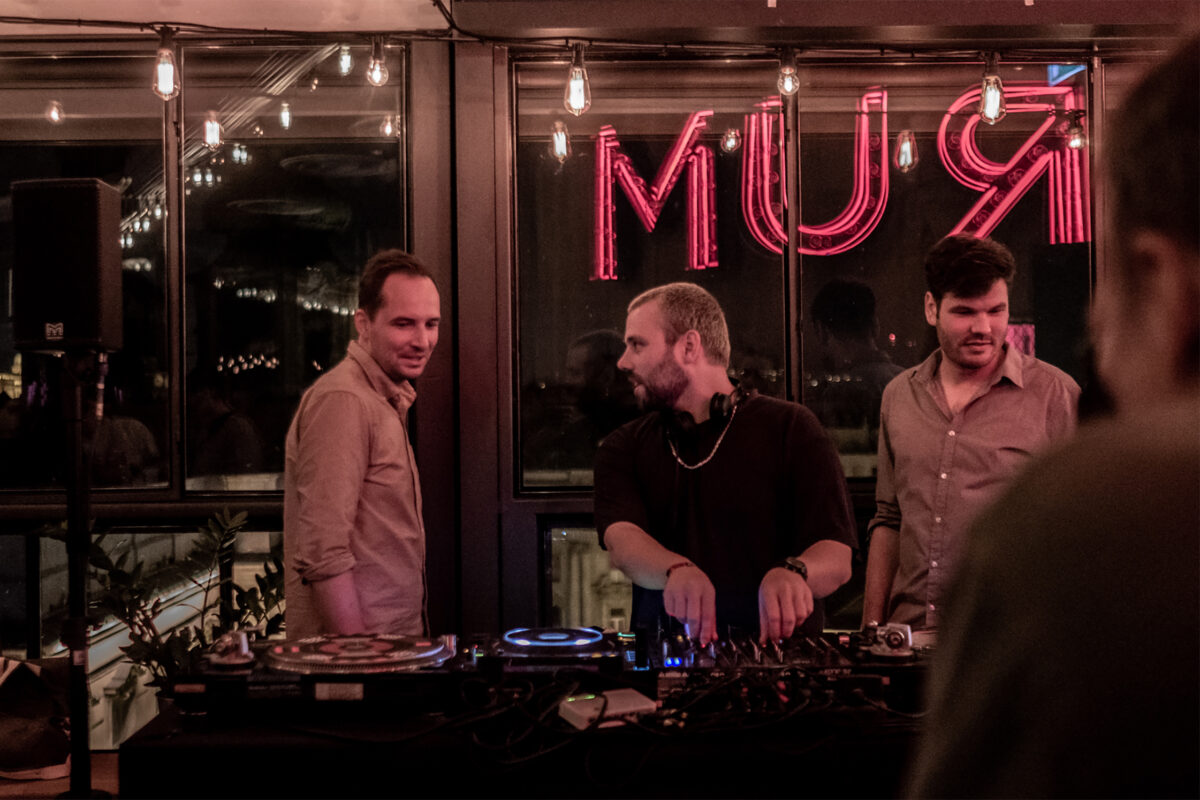
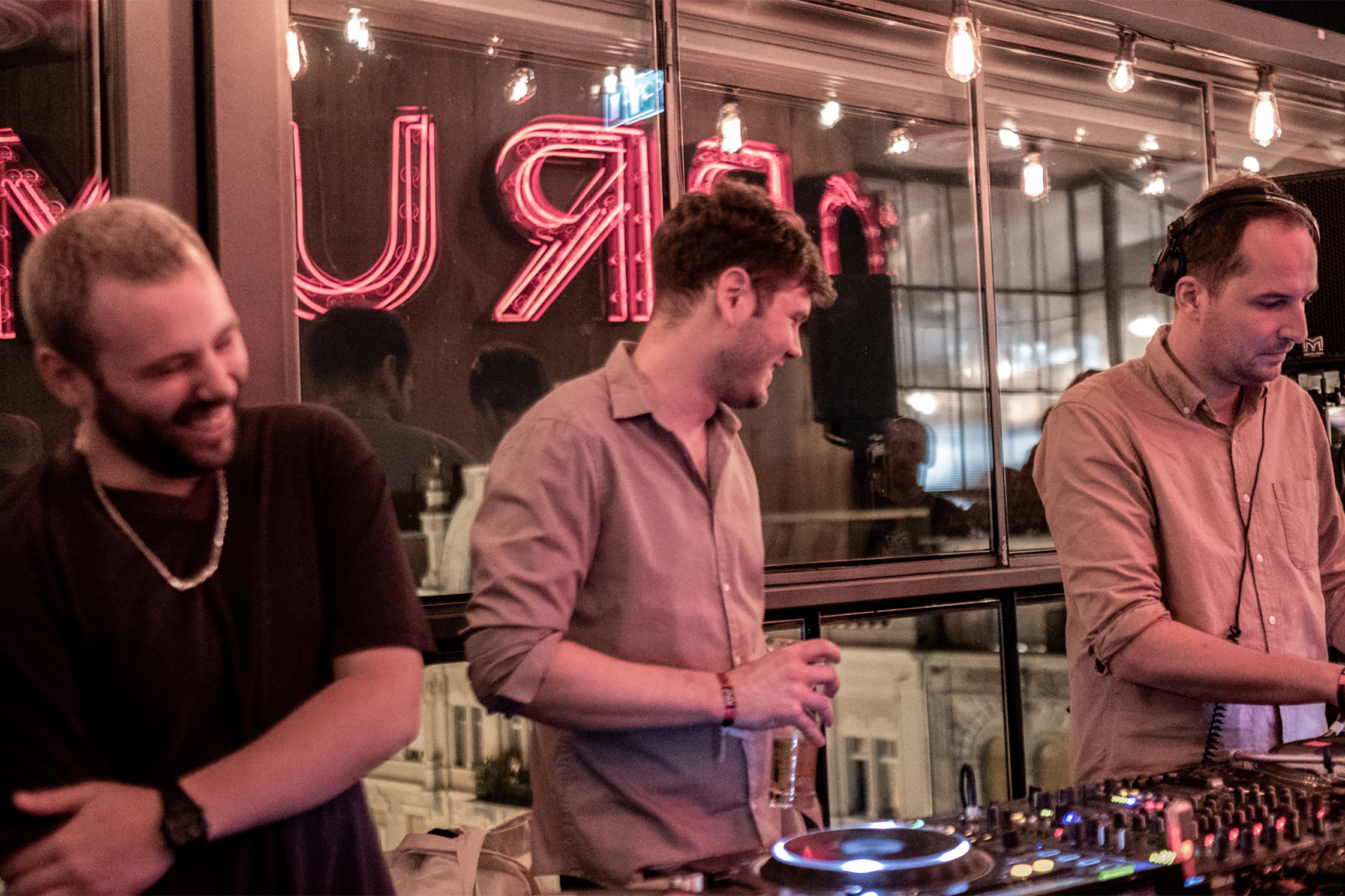
Hungarian electronic music label Farbwechsel’s approach to producing underground tunes is progressive, experimental, and collaborative as they strive to promote local talent. By organizing events, such as Crisis Sound System at LÄRM, they have made a name for themselves in an emerging and often overlooked dance scene.
FvF visited the Telekom Electronic Beats City Festival at Várkert Bazár in Budapest where musicians Martin Mikolai, Lajos Nádházi, and Imre Kiss showed us around their city.
As part of our ongoing collaboration with Telekom Electronic Beats who have been working with creative minds of Eastern Europe for many years we’re eagerly exploring more Eastern European cities and scenes. Find our most recent tour of Bucharest here.
Text: Zsófia Nemes
Photography: Márton Nándor Somogyi
